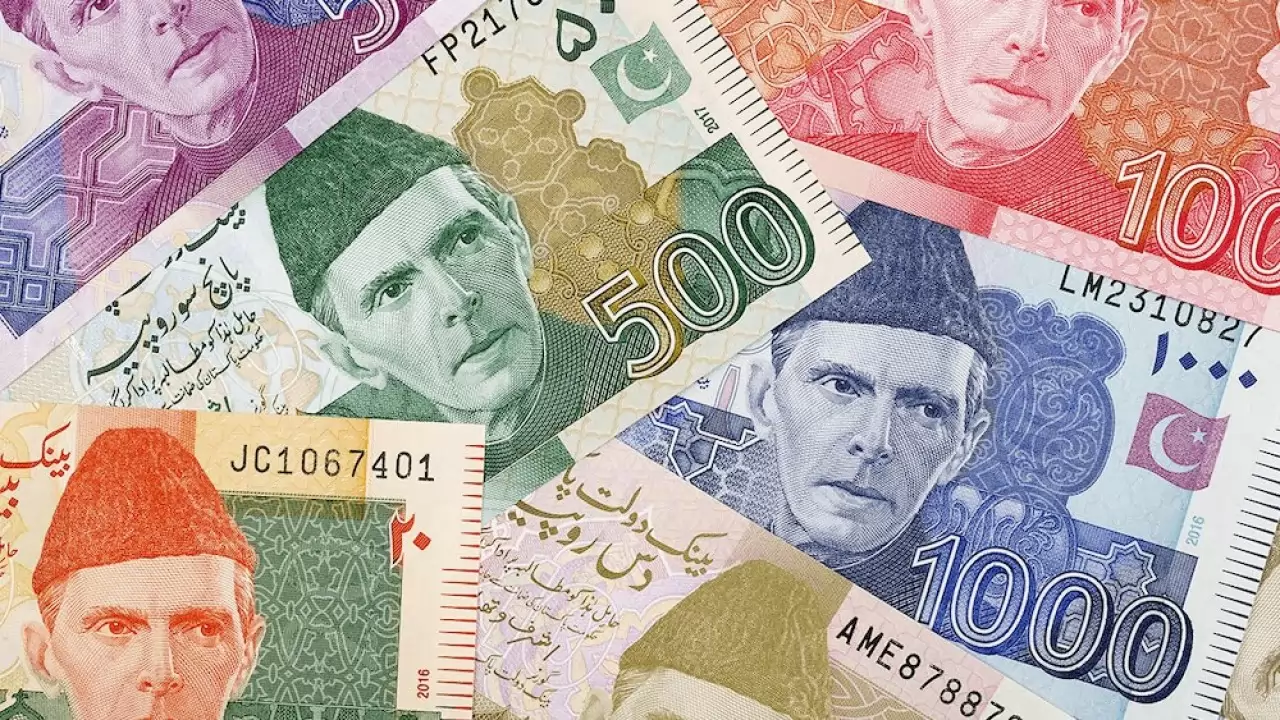
According to a recent report by the Asian Development Bank (ADB), Pakistan emerged as the most expensive country to live in across all of Asia, a stark revelation reflecting the nation's economic challenges with an inflation rate of 25 per cent.
The ADB unveiled its findings in Manila on Thursday, shedding light on Pakistan's economic landscape. The report forecasted a modest growth rate of 1.9 per cent for the Pakistani economy, marking it as the fourth slowest pace among regional counterparts.
The report painted a bleak picture for Pakistan's economic future, estimating a staggering inflation rate of 15 per cent for the upcoming fiscal year, the highest among 46 countries in the region. Similarly, the growth projection for the 2024-25 fiscal year (FY25) stands at 2.8 per cent, ranking Pakistan fifth lowest in the region, as reported by The Express Tribune.
The ADB's analysis indicated that Pakistan's cost of living was previously the highest in South Asia, a trend set to persist with an anticipated inflation rate of 25 per cent in FY25, rendering it the priciest country to reside in across Asia. Despite the government's implementation of a substantial 22 per cent interest rate, the State Bank of Pakistan (SBP) is poised to miss the inflation target of 21 per cent, the report highlighted.
Pakistan's economic woes extend beyond inflation, with a forecasted growth rate of 1.9 per cent in FY25, placing it in the bottom quartile alongside Myanmar, Azerbaijan, and Nauru. The report underscored Pakistan's persistent "stagflation phase," noting concerns from the World Bank about the potential rise of poverty with an estimated 10 million more people at risk of falling into destitution due to unforeseen economic shocks. Currently, approximately 98 million Pakistanis are living below the poverty line.
The report also pointed out Pakistan's challenges in meeting external financial obligations, compounded by existing debt burdens and global economic conditions. It highlighted political instability as a risk factor hindering reform efforts, suggesting that additional support from the International Monetary Fund (IMF) could help boost market confidence and facilitate accessible external financing from other avenues.
Overall, the ADB report underscores the pressing need for Pakistan to address its economic challenges comprehensively and enact reforms to navigate the current financial landscape effectively.





Copyright © 2026 Top Indian News
